Barcelona locals aggressively protests overtourism: What’s it and is their aggression legitimate? khabarmasala24.com
[ad_1]
“Vacationers go house” — this was the reigning sentiment in Barcelona over the weekend as hundreds of locals thronged the streets of their vibrant metropolis to make their displeasure recognized to the vacationers passing by way of. Their drawback? Too many vacationers, as a lot inflation and too little area.
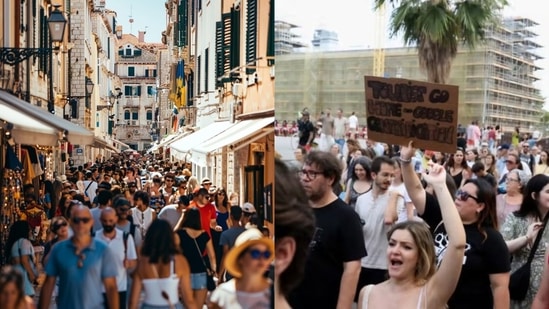
Proper off the bat, overtourism is just not a brand new concocted phenomenon from the land of the Spaniards. Barcelona could have made the worldwide information owing to their just lately assumed aggressive stance in opposition to vacationers however they don’t seem to be the primary who’re grappling with the affect of being an oft-visited vacationer vacation spot. What is that this brimming fiasco then all about?
What’s overtourism?
As per the World Journey and Tourism Council (WTTC), previous to COVID-19, tourism accounted for 10.4% of the worldwide GDP. The determine has seen a slight decline since then, standing at 9.1% for final 12 months. Talking of Barcelona alone, the pre-COVID period noticed town reportedly clock in €12 billion from simply tourism. What then, might presumably be town’s drawback with vacationers arriving every day by the hundreds, able to spend their cash and contribute to the financial system?
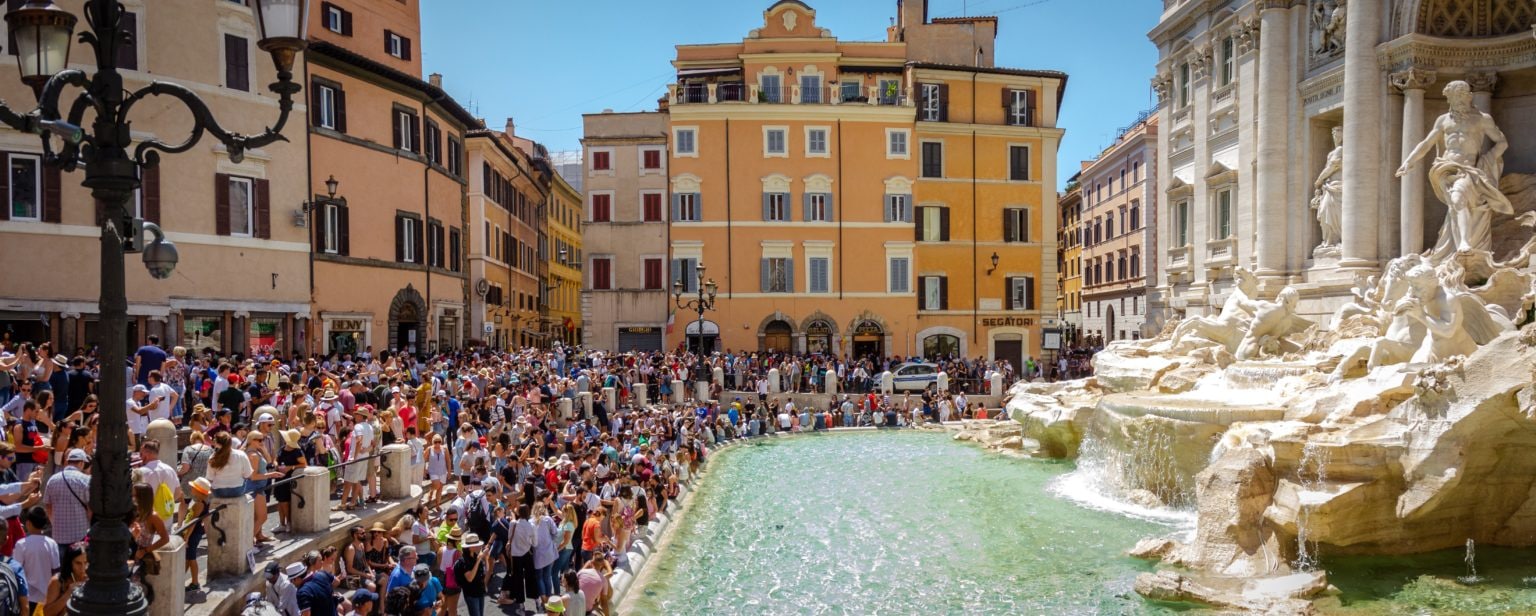
As per a Nationwide Geographic report, overtourism is greatest understood as “the spiraling numbers of holiday makers taking a toll on cities, landmarks and landscapes”. Whereas this will not sound like a ‘drawback’ warranting an orchestrated harassment of vacationers as came about in Barcelona over the weekend, the long-term affect of overtourism is considerably extra severe than merely being bothered by you favorite nooks within the metropolis trying too congested.
Why is Barcelona protesting overtourism?
The principle bone of competition for Barcelona has been the inflated price of dwelling, courtesy of the steadily rising quantity of vacationers populating town throughout peak journey season. How severe the scenario is, is clear from the truth that town has a devoted Neighborhood Meeting for Tourism Degrowth. As almost 3000 locals took to the streets with brightly-coloured water weapons directed at vacationers, a 13-point manifesto was introduced demanding restrictions on vacationer lodging, fewer cruise terminals within the metropolis’s port and an finish to tourism ads utilizing public cash, as outlined by The Washington Publish.
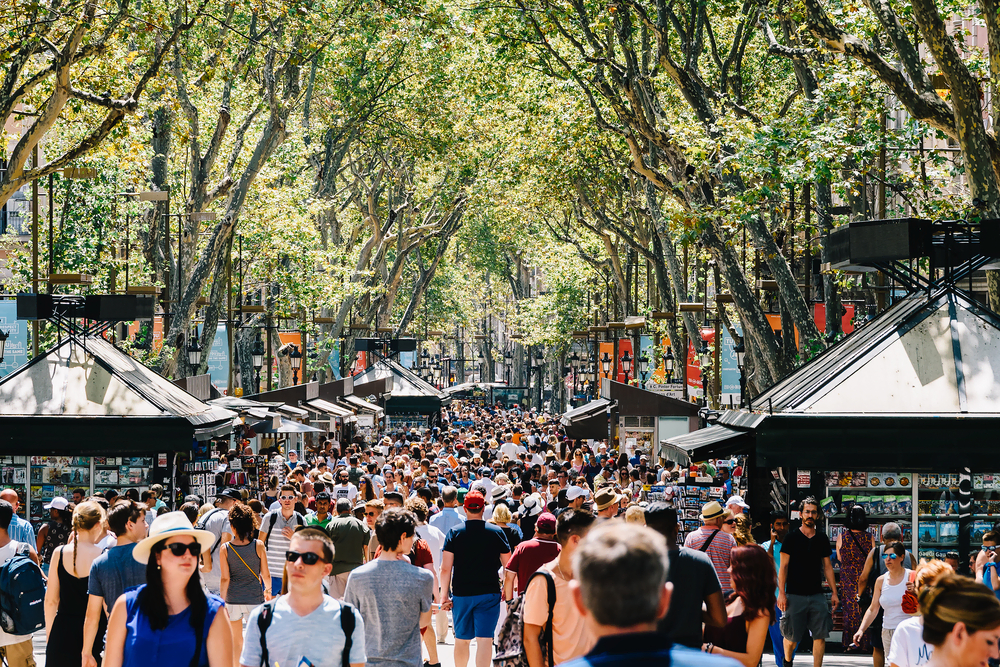
The protests haven’t been in useless, with Barcelona Mayor Jaume Collboni pledging 10,000 residential items devoted for vacationers to native residents as a substitute, in tow with a big hike in vacationer taxes on Saturday itself. That is additionally not step one of appeasement taken by authorities to quell native frustrations. As per a Bloomberg report, the quite widespread bus no. #116, taking vacationers to Antoni Gaudí’s Park Güell, probably the most widespread spots within the metropolis, can now not be discovered on Google or Apple maps. This was orchestrated by town council with the intention of lowering neighbourhood and bus crowding by making it tougher for vacationers to get to the mentioned location, momentarily pacifying the locals.
Barcelona is just not alone in its woes
Japan’s spirit of ‘omotenashi’ is strikingly just like India’s ‘atithi devo bhava’, with each ideas honouring the sentiment of caring for friends like one’s personal. This spirit in Japan nevertheless, stands considerably compromised within the face of the Yen (Japan’s forex) weakening. Whereas Japan has for lengthy been a wanted vacationer vacation spot, it seems the scenic cities more and more do not seem to have the literal in addition to emotional infrastructure to cope with unabashed crowding. Take the city of Fujikawaguchiko as an example which has blocked any probability of holiday makers managing a selfie with Mount Fuji within the backdrop, lest these antics stall site visitors. Moreover, vacationer expenses for bullet trains have shot up by 70%, a quite aggressive surge.

Venice too, is grappling with its personal overtourism woes. Estimated to be internet hosting about 20 million vacationers yearly, as per a CNBC report, an ‘entry charge’ of €5 euros per particular person has been levied beginning April 2024, which has met with a dismal response. Mayor Luigi Brugnaro clarified that the intention behind primarily locking Venice behind a paywall of kinds “is to not shut town, however not let it explode”.
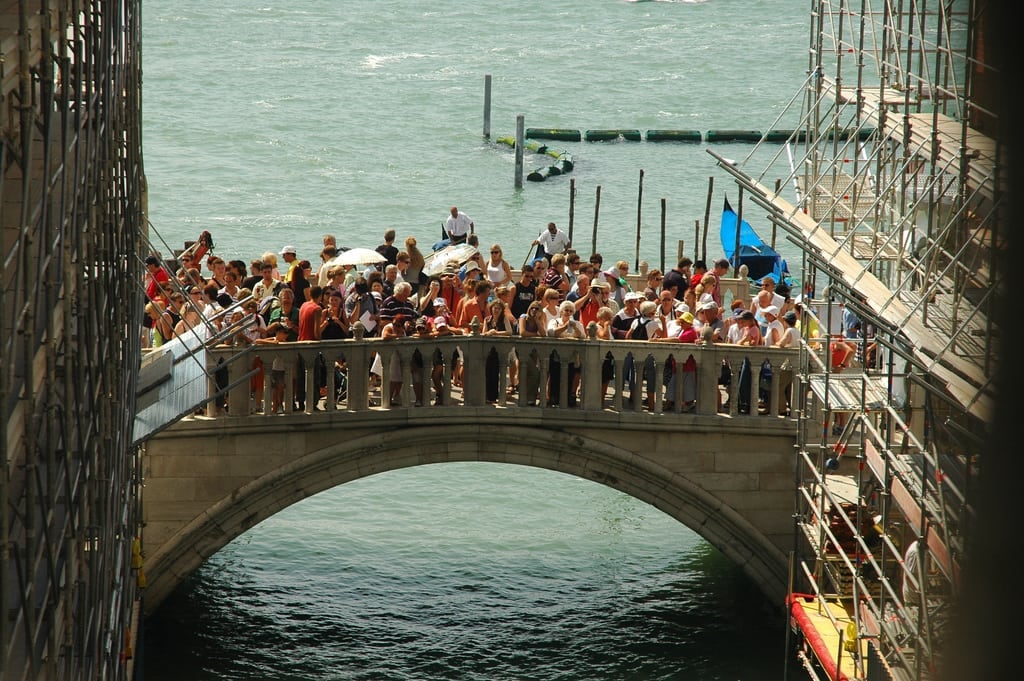
Be it Greece imposing a ticketing system on the famed Acropolis to regulate crowds, New York levying restrictions on Airbnb to permit extra space for its locals or Amsterdam consciously pulling again on the development of latest lodges, it seems vacationers being welcomed with open arms is more and more turning into a factor of the previous.
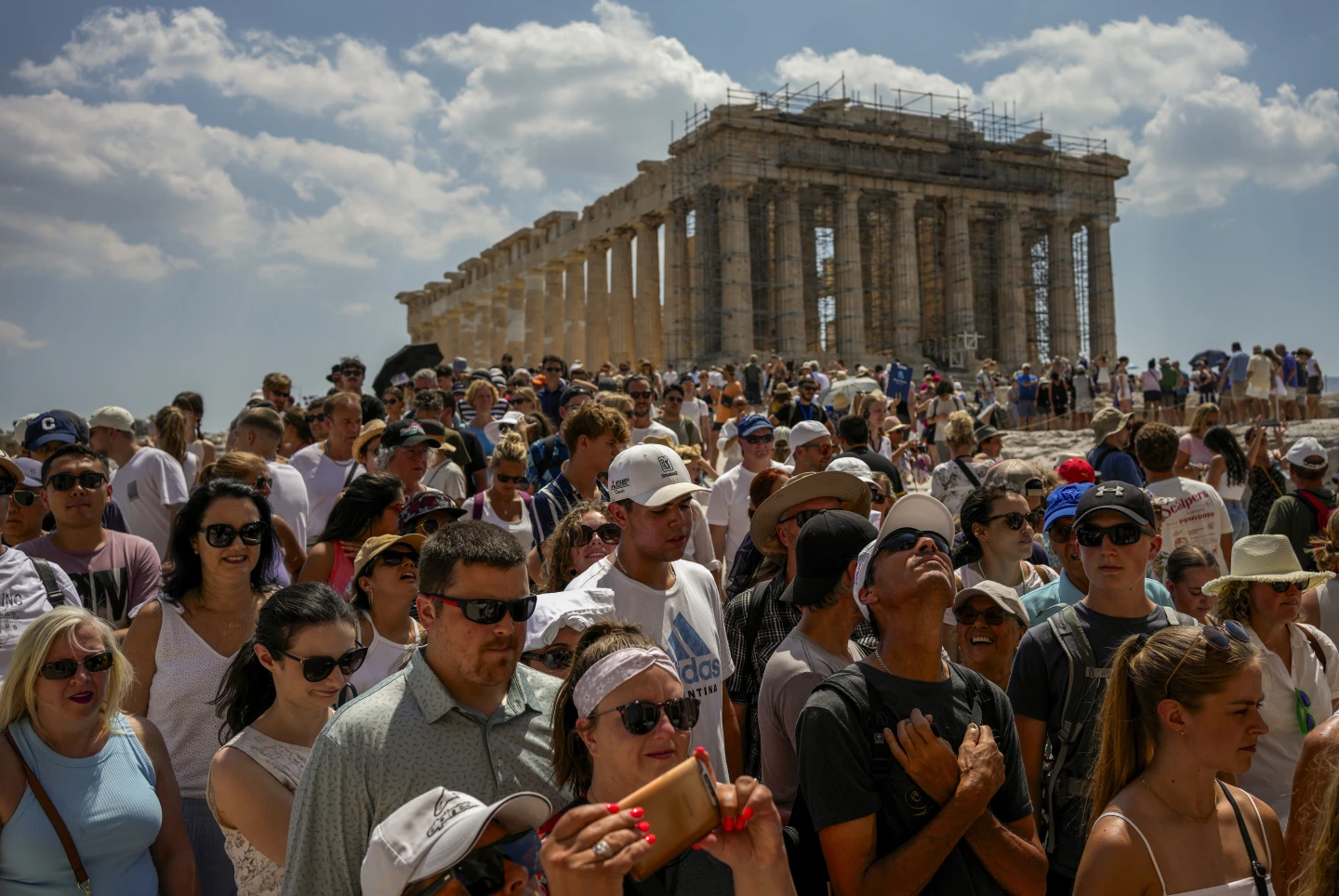
Is there an answer?
George Mason College’s professor of Economics Tyler Cowen believes considerably climbing costs is a good gamble taken by vacationer hotspots to regulate crowds and concurrently pacify locals while tending to the financial affect of overtourism. Nonetheless, is it actually ‘honest’ for the demographic of vacationers for whom visiting these now-seemingly ‘contested’ areas is a once-in-a-lifetime alternative? That is in fact, to not dismiss the considerations of locals who’re expressing their objections to primarily dropping their cities to foreigners.
Whose aspect are you on?





Post Comment